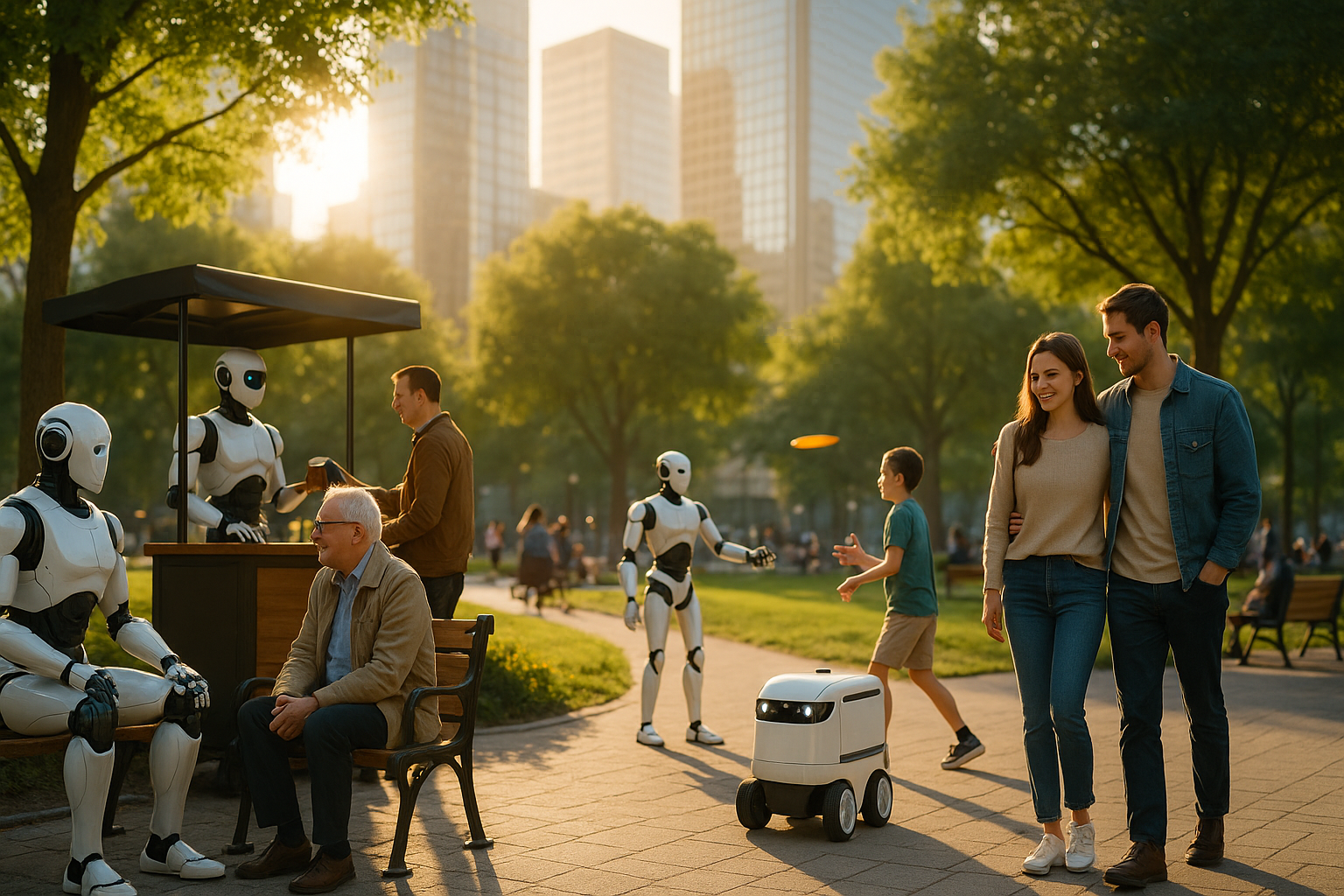AI and the Future of Work: Why Creativity, Judgment, and Biology Are the Next Frontiers
AI is reshaping not just repetitive work, but also creative and analytical roles, raising the bar for human skills like judgment and adaptability.
From Routine to Creative: How AI Expanded Its Reach
Generative AI tools are now capable of drafting marketing copy, writing the first draft of legal briefs, generating social media captions, analyzing basic datasets, and even producing a minimum viable version of a software application.
These are not merely “mechanical” tasks. They require creativity, contextual awareness, and technical grounding—skills we once assumed were uniquely human, at least at entry levels. While AI outputs still require supervision to avoid errors or hallucinations, the efficiency gains have led companies to question whether hiring a junior professional is always necessary when AI can handle 60–80% of their workload.
This shift doesn’t mean entire roles vanish overnight. Instead, it transforms the structure of work by hollowing out entry-level opportunities—the very stepping stones that once allowed young professionals to gain experience and grow into experts.
The Mindset Shift: From Linear Careers to Lifelong Adaptability
In the past, career paths followed a predictable arc: study, work, retire. That linear model is rapidly dissolving. Today’s workers must embrace a different mindset—one that sees careers as evolving journeys across multiple industries and roles.
This calls for a toolkit of durable, transferable skills:
- Judgment: Not just choosing between good and bad answers, but identifying which of many “good” AI-generated answers best fits a specific context.
- Communication: The ability to clearly formulate questions, structure problems, and interpret AI outputs.
- Deep Thinking: Going beyond surface-level analysis to frame challenges in ways that make sense for both humans and machines.
- Adaptability: With the average shelf life of a technical skill shrinking to about 2.5 years, workers must be ready to pivot, re-skill, and enter new domains repeatedly.
The future of work will reward those who see themselves not as fixed specialists but as entrepreneurial learners, equipped with a bouquet of skills that can be rearranged and redeployed as industries shift.
The Role of AI as a General-Purpose Technology
One of the most important things to understand is that AI is not a passing trend. It is a general-purpose technology—like electricity, the internet, or the steam engine. Such technologies inevitably become part of the infrastructure of society. They trigger waves of transformation, hype cycles, and bursts, but ultimately they reshape entire economies and industries.
This means the timeline may be uncertain—three, eight, or fifteen years—but the direction is inevitable: AI will become the foundation on which we build future products, teams, and businesses.
Where to Look: The Next Frontiers
While predicting new job titles is difficult, we can identify areas where AI will fuel growth. One of the most promising is biology. The convergence of AI and biological sciences is opening possibilities in drug discovery, synthetic biology, genetic research, and personalized healthcare. Tech leaders are increasingly pointing to biology as the next frontier where AI will unleash breakthroughs.
Other expanding frontiers include robotics and space exploration—fields that will demand new combinations of technical, creative, and adaptive skills.
Building a Fierce Toolkit for the Future
The challenge ahead is not just about learning how to code or mastering today’s software. It is about preparing for a landscape where AI tools will constantly evolve, demanding that humans bring higher-order skills to the table.
Those who can think deeply, learn quickly, communicate effectively, and adapt relentlessly will be equipped with a toolkit that transcends industries and technological shifts. In this sense, the future of work is not defined by the jobs AI takes away, but by the resilience and creativity of the people who learn to thrive alongside it.
If you want a deeper dive into how I frame these shifts, watch my TEDx talk Inteligencia Artesanal (in Spanish), where I expand on this topic with real-world examples.
